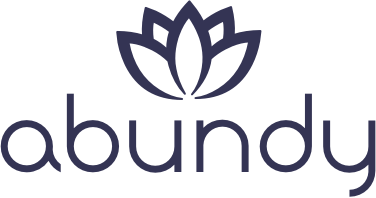“Each arrow flies differently. You can shoot a thousand arrows and each one will follow a different trajectory: that is the way of the bow. […] Each arrow leaves a memory in your heart, and it is the sum of those memories that will make you shoot better and better.”
― Paulo Coelho, The Way Of The Bow, The Archer
Published in the autumn of 2020, this book is a short (about 160 pages), allegorical and philosophical story. Full-page illustrations by Christoph Niemann cut the number of actual text pages, making the reading even more quick and simple. Coelho’s writing style is easy, not elaborate, but yet warm and cosy, as usual.
In The Archer‘s prologue we meet Tetsuya, a man once famous for his prodigious gift with a bow and arrow but who has since retired from public life, and the boy who comes searching for him. The boy has many questions, and in answering them Tetsuya’s teachings are divided in different parts: allies, the bow, the arrow, how to hold the bow, how to draw the bowstring, the moment of release, and repetition.
In the epilogue, Tetsuya finally shares how he learned to master the art of archery and he relays why he has kept his skill a secret, before blessing the boy and sending him off with a new found wisdom.
Although sometimes these lessons remind of step-by-step instructions, Coelho uses metaphors and similies for giving the reader life lessons and long-lasting advice. Such simplicity in storytelling disguises a more complex message. This is a clear example of provoking a deep, strong reflection long after you have closed the book: “Just as the arrow seeks the target, so the target also seeks the arrow, because it is the arrow that gives meaning to its existence.”
In this book Coelho also provides the framework for a rewarding life: hard work, passion, purpose, thoughtfulness, the willingness to fail, and the urge to make a difference. The story suggests that living without a connection between action and soul cannot fulfill, that a life constricted by fear of rejection or failure is not a life worth living. Instead one must take risks, build courage, and embrace the unexpected journey fate has to offer.
With that said, I enjoyed reading The Archer. I think that Coelho’s fans will enjoy the story as with previous works. Afterall, The Alchemist followed a similar style of providing life advice through a fictional story, but you may also need to be in the right mood for The Archer. You need to be ready to embrace life lessons and willing of improvement and moving on.
One lesson in the allies section reads: “Join with those who do their work with enthusiasm, and because you could be useful to them as they are to you, try to understand their tools too and how their skills could be improved. The time has come, therefore, to meet your bow, your arrow, your target, and your way.”


